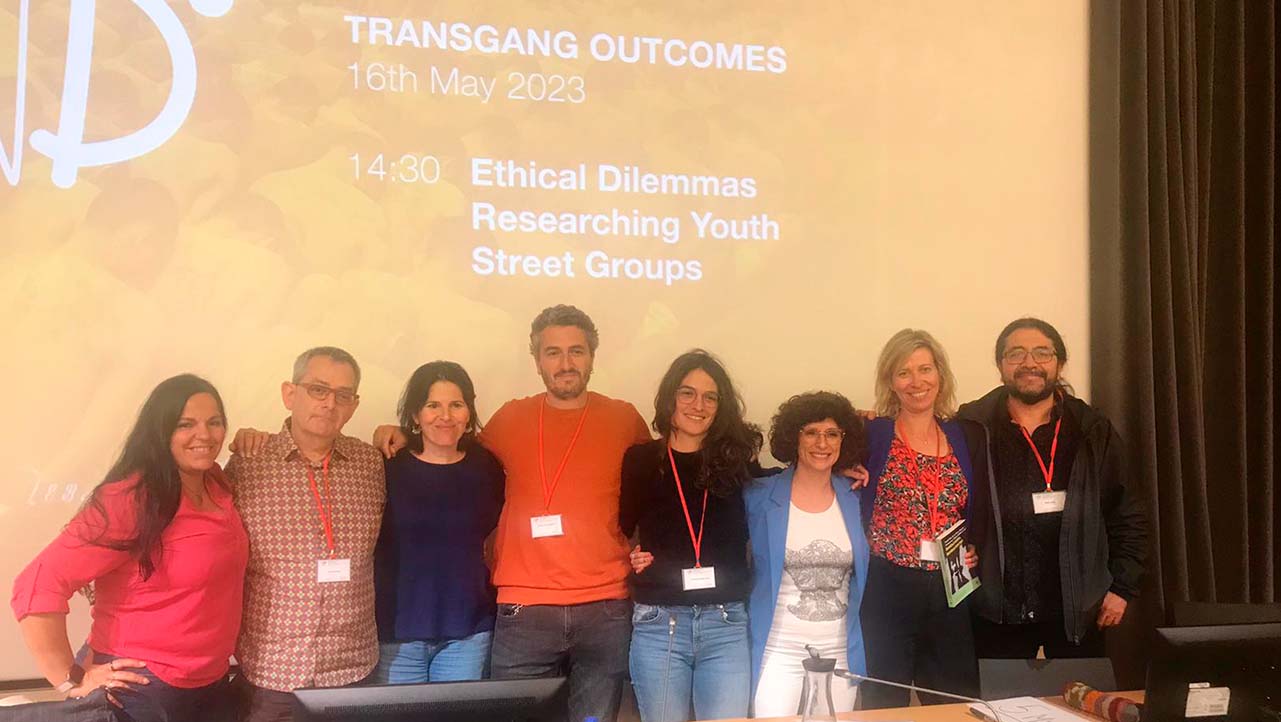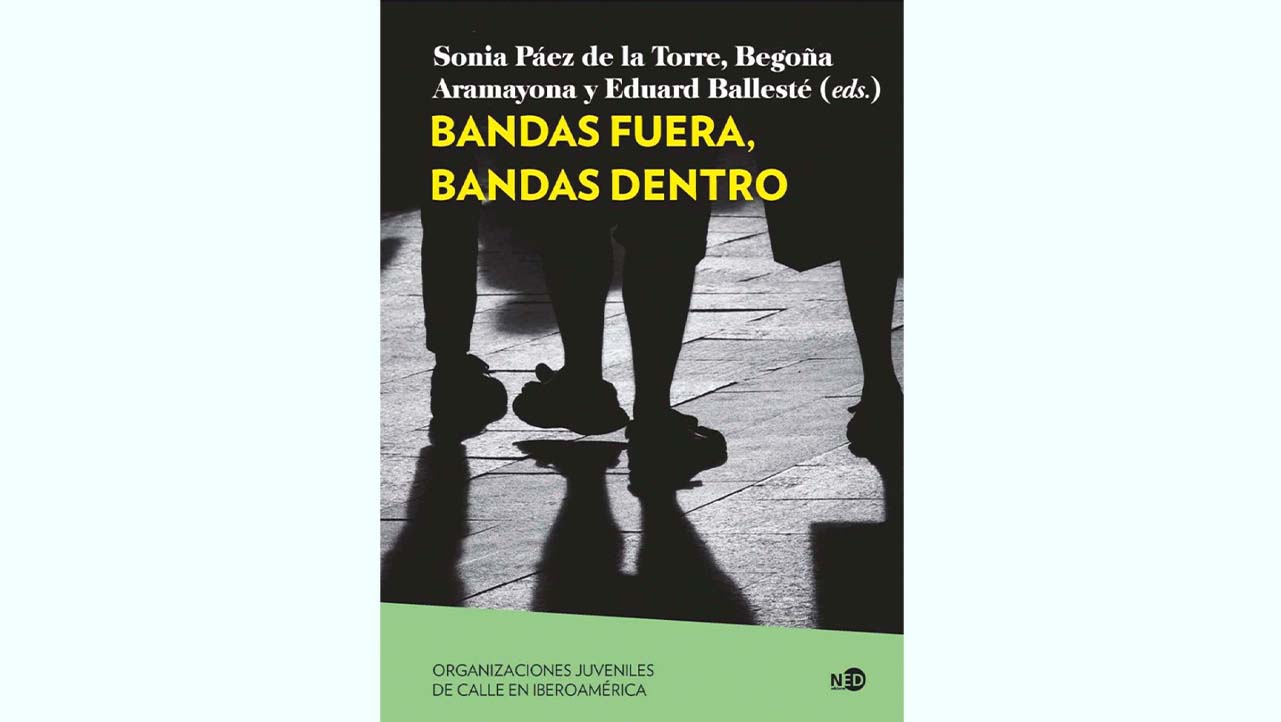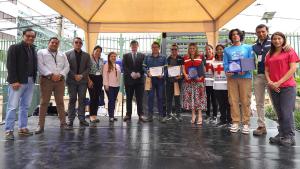René Unda's research contributes to an international publication on gangs
René Unda's research contributes to an international publication on gangs

Rene Unda, professor of psychology and coordinator of the research group on childhood, adolescence and youth (CINAJ for its acronym in Spanish), took part in the “International Final Conference of the TRANSGANG Project”, held at Universidad Pompeu Fabra de Barcelona.
René Unda docente de la UPS aporta con sus investigaciones a publicación internacional sobre organizaciones juveniles de calle
The event was attended by researchers from European, African and American universities to present the results and conclusions and the LEBAN project to legalize gangs and the creation of associations of youth street groups in Spain, Ecuador and El Salvador, 2000-2025", research that was carried out in Spain, El Salvador and Ecuador between 2020 and 2023.
The main topic of this study relates to questions about what has worked and failed in these experiences; if strict control is an effective way to end youth conflict, the effects of dialogue and mediation with groups, more useful approaches; all are issues that address these problems at a global, regional and national level.
In Ecuador, Professor Unda makes a historical context of the country highlighting the mark left by dollarization, the consequence of migration and how many young Ecuadorians who traveled to different countries have promoted the organization of youth gangs as was the case of the Latin Kings, replicated from the United States, or Ñetas from Puerto Rico.
Unda carries out research on youth participation and the impact of these subaltern groups in the political and social life of the country. “This event resulted in a truce between organizations and was the prelude to subsequent processes of change in the relationship between the State and Ecuadorian gangs and the construction of a national identity”, he said. The research concludes that securitization strategies (based on repression) would not be an ideal alternative, but that the possibility of mediation and regularization processes should be a means pacify the conflict with opportunities and limitations for more inclusive and equal societies.
Experiences shows that socio-institutional mediation strategies and youth agency constitute a much more effective way to deal with the conflict than strict control policies, as long as the State provides basic living conditions and generates educationa, health, work and recreational opportunities, so that young people who make up these groups have appropriate channels for their societal integration.







Follow us
Follow us